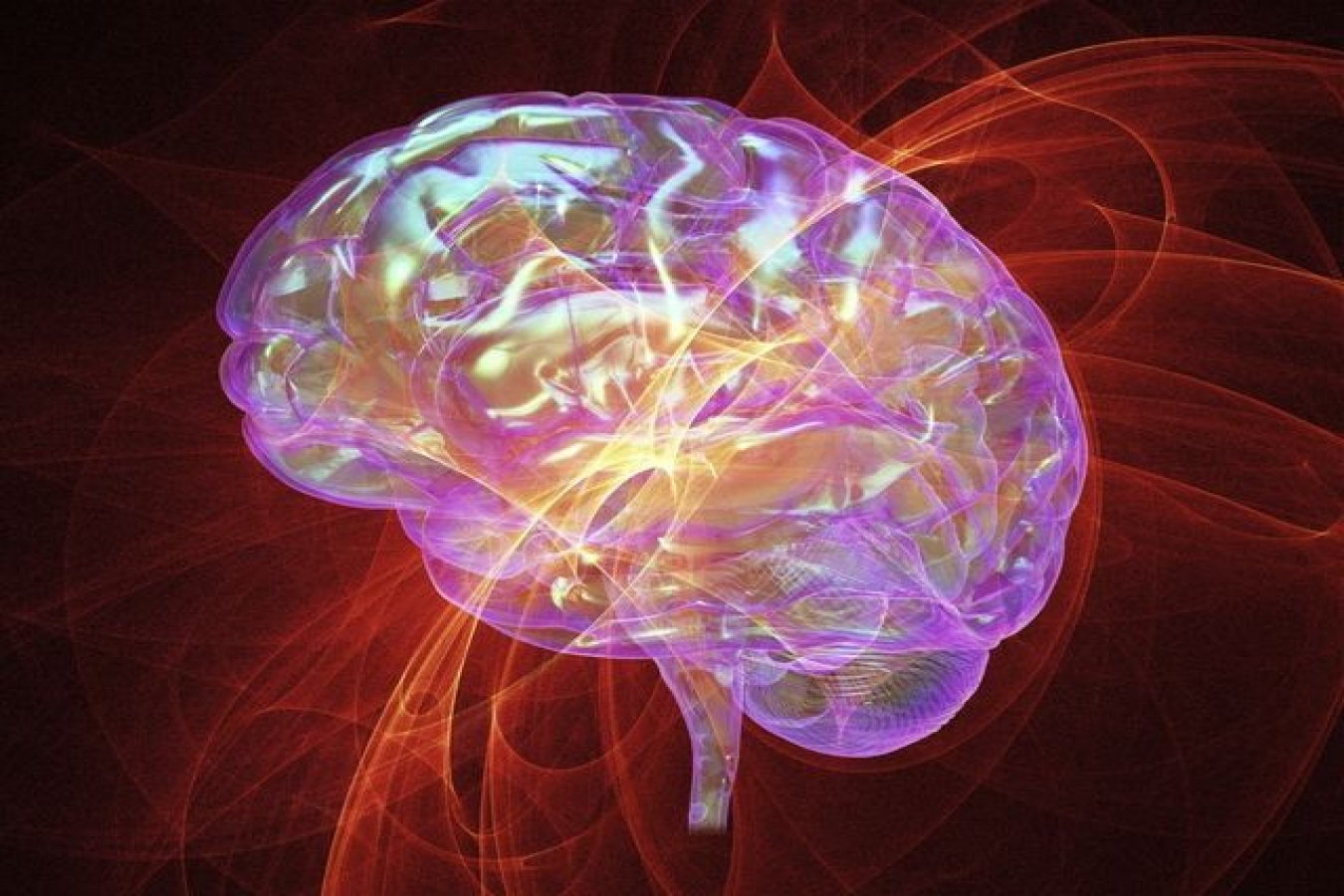


 7:57:29
7:57:29  2018-10-25
2018-10-25  1527
1527

If you're already feeling stressed out, sorry, but there's one more thing you might need to worry about: A new study finds that stress may impair your memory now and quicken cognitive decline later in life.
And if that's not stressful enough, stress might also be tied to a slight shrinking of the brain, according to the study, published yesterday (Oct. 24) in the journal Neurology.
In a study with more than 2,000 healthy, middle-age volunteers, doctors found that those with higher blood levels of the hormone cortisol — an indicator of stress — performed more poorly on memory tests and had a slightly shrunken brain volume compared to those with a normal level of the hormone. The effect was more evident among women in the study.
But before you panic, know that the researchers emphasized (stressed, really) that the findings do not mean that stress causes brain damage. Rather, the study reveals an association between stress and brain function that's consistent with laboratory-based studies on mice.
The stress response is a natural part of life, as the bodymust react when confronted by danger or other threats. And cortisol is central to that stress response, said lead study author Dr. Justin Echouffo-Tcheugui, an assistant professor of medicine at the Johns Hopkins School of Medicine in Baltimore.
During stressful moments, cortisol levels rise and, together with another hormone called adrenaline, signal the body into making a fight-or-flight response. Specifically, cortisol increases glucose, or sugar, in the bloodstream; enhances your brain's use of that glucose for energy; and suppresses bodily functions that aren't immediately needed during an emergency, such as digestion, reproduction and growth.
Once the stressful event passes, cortisol levels should fall. This, however, isn't always the case, Echouffo-Tcheugui told Live Science. The body may still perceive stress or, for reasons not well understood, retain high levels of cortisol. Or, in this modern life, one's home or work life may cause daily stress.
Persistently higher cortisol levels can cause damage to the heart and skin. So, the idea that stress and higher cortisol levels could also affect memory and brain function is not surprising, Echouffo-Tcheugui said. Indeed, people with Cushing syndrome, a condition that's defined in part by a high and persistent level of cortisol, often experience poor memory, attention deficit, moodiness and depression.
In the new study, Echouffo-Tcheugui, who was based at Harvard Medical School while conducting the analysis, tapped into the Framingham Heart Study database, a massive, government-sponsored study that has followed the health of thousands of residents in the Framingham, Massachusetts, area for more than 70 years. Echouffo-Tcheugui and his colleagues identified 2,231 people with an average age of 49 who were free of dementia.
At the beginning of the study, each participant had a psychological exam and assessments for memory and thinking skills. Their memory and thinking skills were tested again an average of eight years later. At the end of the study,the participants also provided a blood sample, and about 2,000 of them had a a series of MRI brain scans to measure brain volume.
The researchers found that people with high levels of cortisol had lower scores on tests of memory and thinking skills than those with normal levels of cortisol. High cortisol was also linked to lower total brain volume.
Echouffo-Tcheugui said the study is only a snapshot of the effects of cortisol at one period in time for one group of people, largely of European descent. Yet, given the known deleterious effects of elevated cortisol levels on various body tissues, he said doctors and the public should pay heed to the potential for brain damage.
"Our research detected memory loss and brain shrinkage in middle-aged people before symptoms started to show" in ordinary, daily activities, said Echouffo-Tcheugui. "So, it's important for people to find ways to reduce stress."
Dr. Paul George, an assistant professor of neurology and neurological sciences at Stanford Medicine, who was not involved with the research, said the community-based study "raises many questions which need further exploration about how cortisol affects the brain and our cognition."
"One of the strengths is the assessment of these brain volumes using multiple imaging assessments to evaluate brain changes," George told Live Science. "The size of the study also adds to its impact, [and] they provided sound analysis to eliminate confounding factors such as depression."
The limitations, George added, are inherent in the nature of such epidemiological studies: The researchers cannot be certain of the cause, existence or persistence of stress, because they are relying on a one-time morning blood sample of cortisol levels.
Echouffo-Tcheugui said that he agrees with that assessment. Still, reducing stress can have a range of benefits, he said, whether it's accomplished through better sleep, exercise, relaxation techniques, or asking one's doctor about cortisol-reducing medication, if needed.
"There's nothing wrong in reducing stress," he said.
Reality Of Islam |
|

A new lens-

Labor short

A new ultra
 9:3:43
9:3:43
 2018-11-05
2018-11-05
10 benefits of Marriage in Islam
 7:5:22
7:5:22
 2019-04-08
2019-04-08
benefits of reciting surat yunus, hud &
 9:45:7
9:45:7
 2018-12-24
2018-12-24
advantages & disadvantages of divorce
 11:35:12
11:35:12
 2018-06-10
2018-06-10
 6:0:51
6:0:51
 2018-10-16
2018-10-16
 6:14:17
6:14:17
 2018-06-21
2018-06-21
 6:0:8
6:0:8
 2023-03-19
2023-03-19
 2:11:12
2:11:12
 2022-10-15
2022-10-15
the happy life of mankind requirement
 6:36:36
6:36:36
 2022-01-25
2022-01-25
 2:34:48
2:34:48
 2022-01-18
2022-01-18
 1:16:44
1:16:44
 2018-05-14
2018-05-14
 6:28:21
6:28:21
 2022-12-20
2022-12-20
 5:41:46
5:41:46
 2023-03-18
2023-03-18
| LATEST |